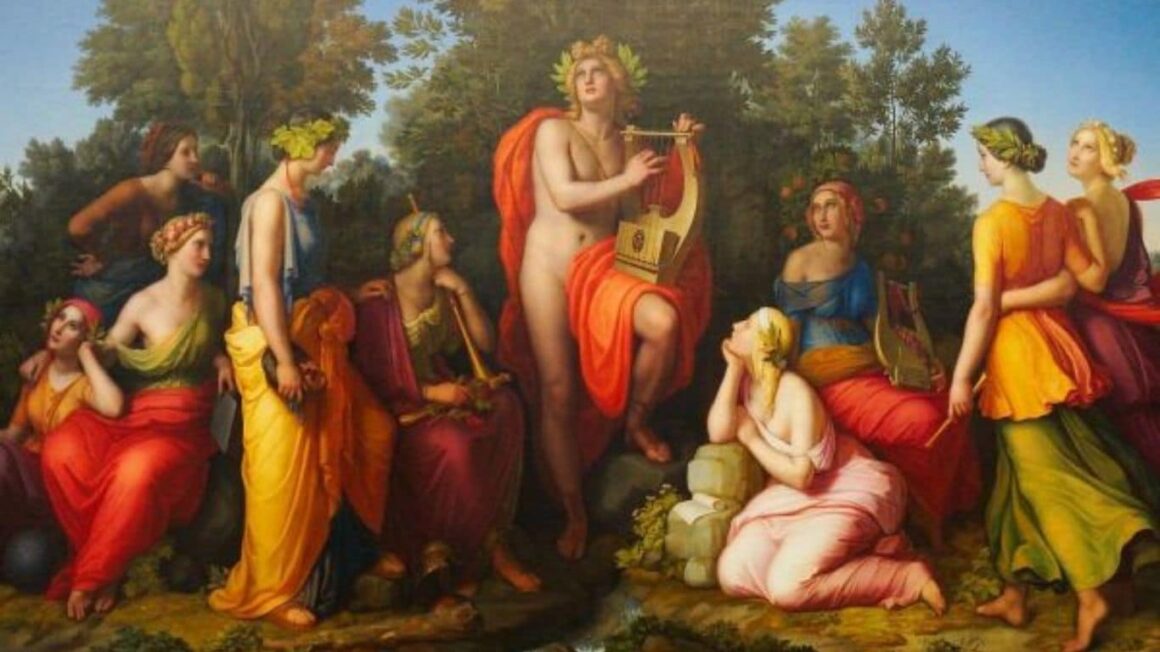Mythological stories have been an integral part of human culture for thousands of years. These stories have been passed down through generations and have evolved over time to reflect the changing beliefs, values, and cultural contexts of different societies. The study of the evolution and adaptation of mythological stories is essential in understanding how they have shaped our collective imagination and continue to influence modern culture. In this article, we will explore the evolution and adaptation of mythological stories, how they have evolved and adapted over time, their significance today, and the importance of preserving and studying them.
The Evolution and Adaptation of Mythological Stories
The Origins of Mythological Stories
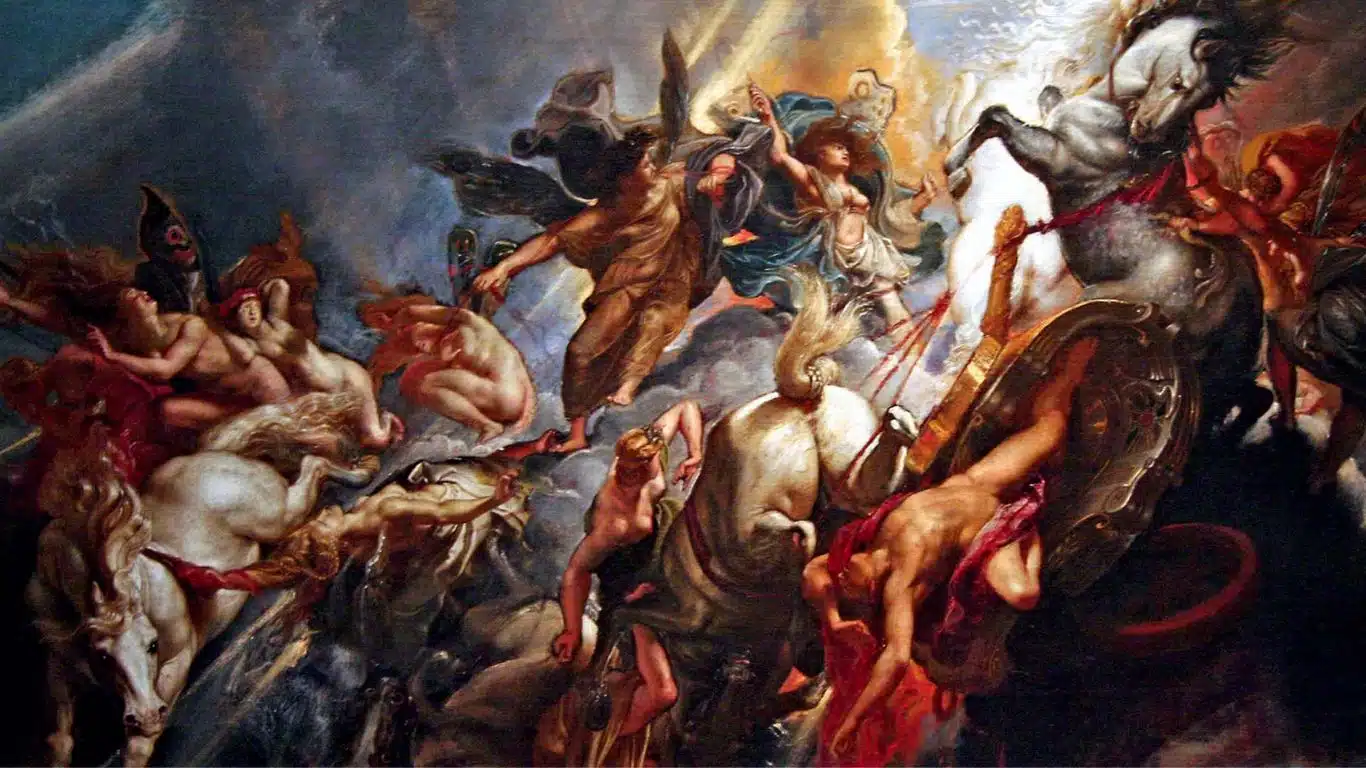
The origins of mythological stories are shrouded in Mystery, as they have been passed down through oral tradition for thousands of years. Many scholars believe that these stories were created by ancient societies to explain natural phenomena and to provide a moral framework for their culture.
In ancient Greek mythology, for example, stories were created to explain the origins of the world, the relationships between gods and mortals, and the nature of good and evil. Similarly, in Hindu mythology, stories were created to explain the creation of the universe, the cycle of birth and death, and the nature of karma.
Mythological stories were often intertwined with religious beliefs and practices, and served as a way to connect individuals to the divine. In many cultures, these stories were also used to pass on cultural values, traditions, and customs from one generation to the next.
The oldest known mythological stories can be traced back to ancient Sumer in Mesopotamia, which is present-day Iraq. These stories were written on clay tablets and date back to around 2000 BCE. Other ancient cultures, such as the Egyptians, Greeks, Romans, and Norse, also created elaborate mythological systems that reflected their beliefs and values.
Evolution of Mythological Stories
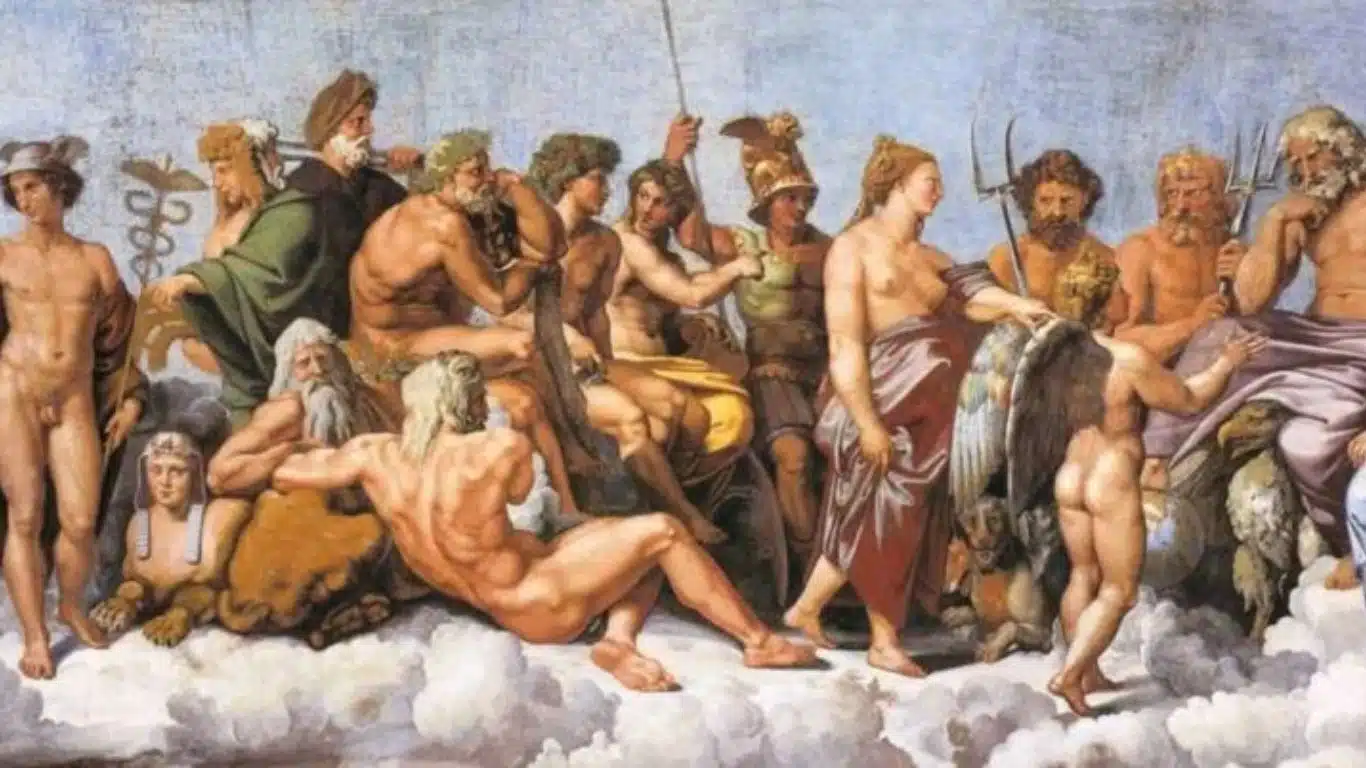
Mythological stories have evolved over time in response to the changing beliefs, values, and cultural contexts of different societies. This evolution has been influenced by a variety of factors, including political, social, and economic changes.
One example of the evolution of mythological stories can be seen in the development of Greek mythology. In its earliest forms, Greek mythology was characterized by gods who were distant and unpredictable. However, as Greek society evolved and became more complex, so did its mythology. The gods became more human-like and relatable, and new stories were created to reflect the changing beliefs and values of the culture.
Mythological stories have also evolved through contact and interaction between different cultures. For example, the Greek god Apollo was assimilated into Roman mythology as the god of the sun, and his story evolved to reflect the cultural values and beliefs of Roman society.
Adaptation of Mythological Stories
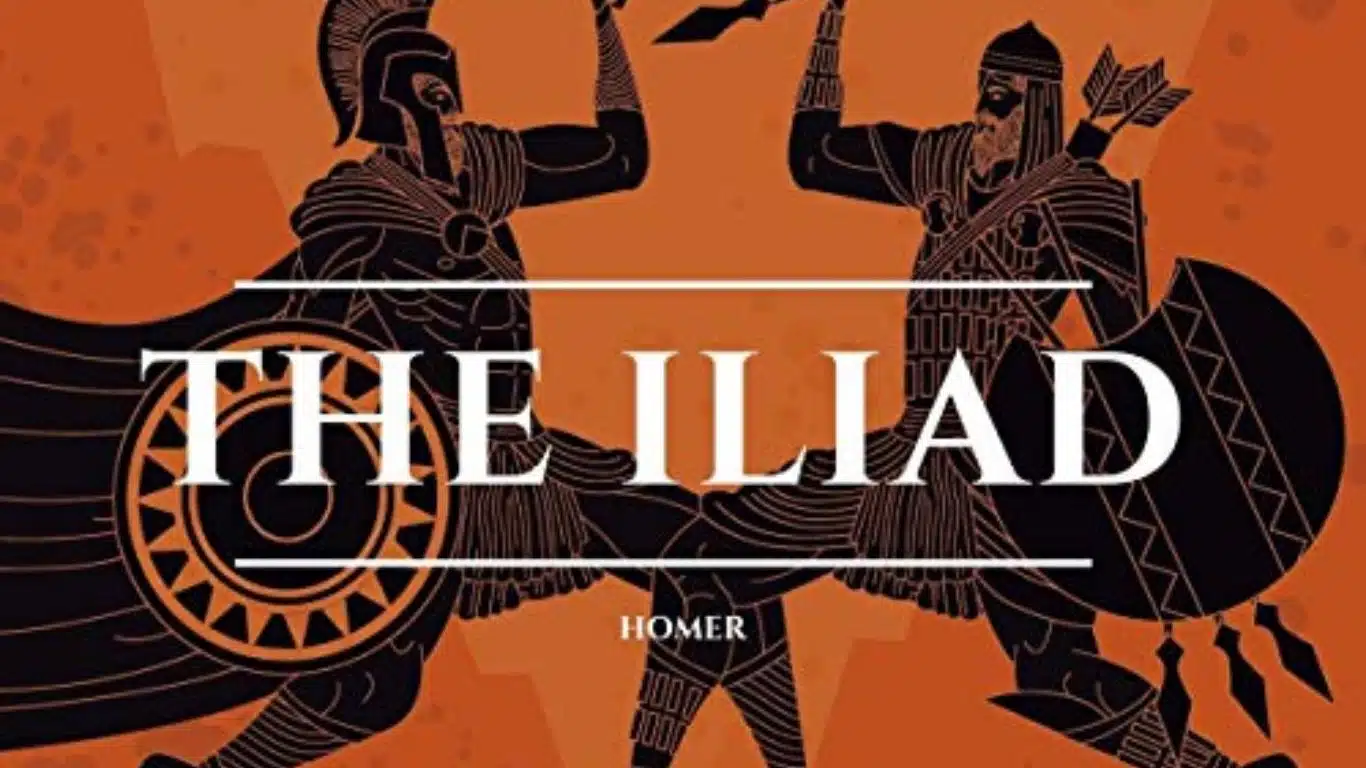
Mythological stories have been adapted and retold in a variety of ways to suit different purposes and audiences. These adaptations have taken many forms, from literature and film to music and art.
One common way in which mythological stories have been adapted is through literature. For example, the ancient Greek epic poem, The Iliad, has been retold and adapted by countless writers over the centuries, including Virgil’s The Aeneid and Margaret Atwood’s The Penelopiad. These adaptations often reinterpret the original story to reflect the cultural and social contexts of the time in which they were written.
Mythological stories have also been adapted into film and other visual media. The 1997 film, Hercules, for example, is based on the ancient Greek myth of Heracles (Hercules), but has been reinterpreted to appeal to a modern audience. Similarly, the Marvel Comics character, Thor, is based on the Norse god of thunder, but has been adapted to fit within the context of a superhero universe.
In addition to literature and film, mythological stories have been adapted into other forms of popular culture, such as music, art, and fashion. For example, the pop group, ABBA, drew inspiration from Greek mythology for their hit song, “The Winner Takes It All,” while fashion designers like Alexander McQueen have incorporated mythological themes into their designs.
Significance of Mythological Stories Today
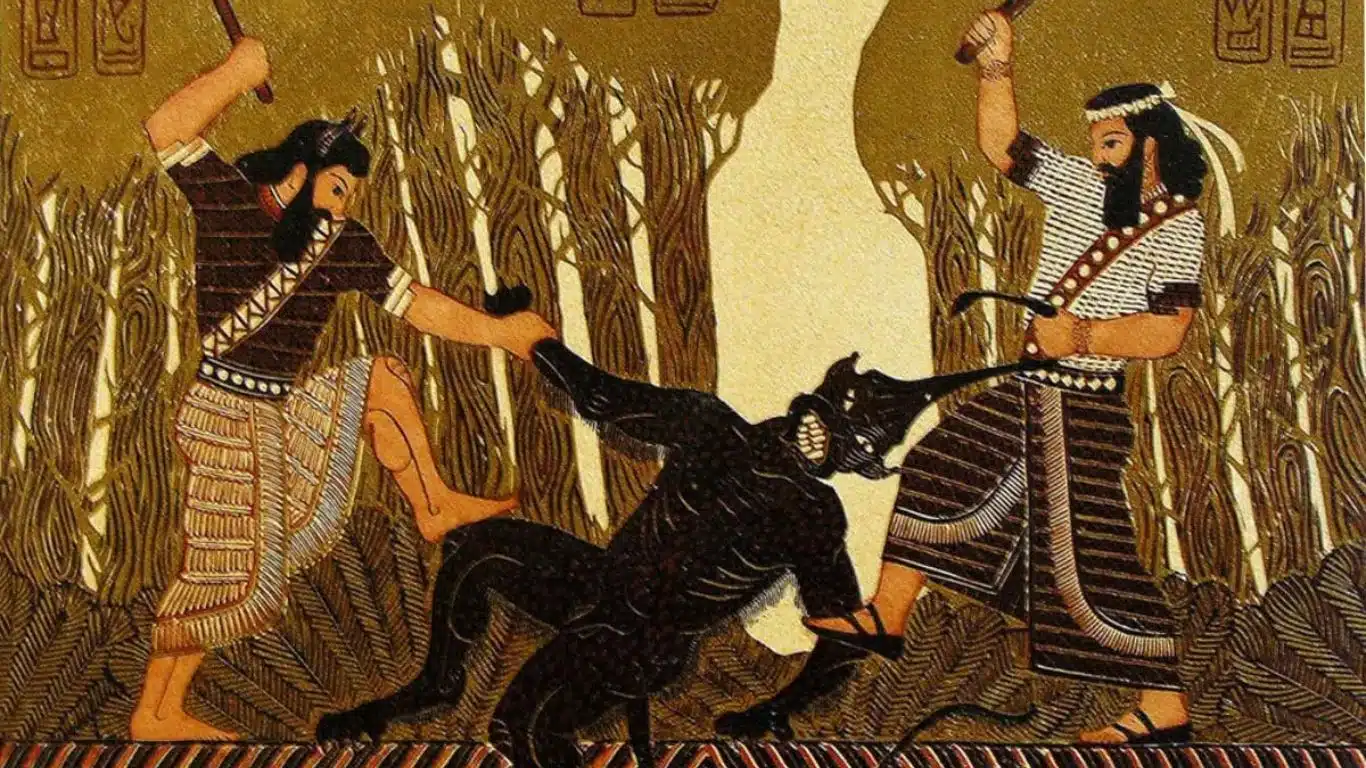
Mythological stories continue to be significant today for a variety of reasons. They provide a window into the beliefs, values, and cultural practices of ancient societies, and offer insights into the human experience that are still relevant today.
One significant aspect of mythological stories is their ability to convey universal themes and archetypes that transcend time and culture. For example, the story of the hero’s journey, as exemplified in the myth of Hercules or the epic of Gilgamesh, continues to resonate with people today as a symbol of personal growth and transformation.
Mythological stories also provide a sense of connection to our shared cultural heritage, and serve as a way to understand the origins of our cultural and religious beliefs. For many people, mythology offers a way to explore and understand their own identity, as well as the broader cultural contexts in which they live.
Moreover, mythological stories continue to be a source of inspiration for artists, writers, and creators of all kinds. They offer rich imagery, complex characters, and powerful themes that can be adapted and reinterpreted for new audiences and new cultural contexts.
Finally, the study of mythology remains an important academic discipline, providing valuable insights into the history, literature, and culture of different societies throughout history. As we continue to explore and study mythology, we deepen our understanding of the human experience, and gain new perspectives on the world around us.
Conclusion
Mythological stories have played a significant role in human culture for millennia. From their origins in ancient societies to their continuing relevance today, these stories have evolved and adapted to reflect changing beliefs, values, and cultural contexts. They provide insights into the human experience, convey universal themes and archetypes, and serve as a source of inspiration for artists and creators of all kinds. Through the study and appreciation of mythology, we can deepen our understanding of our cultural heritage, expand our imaginations, and gain new perspectives on the world around us.
Also Read: Most Famous Unicorns from Different Mythology
